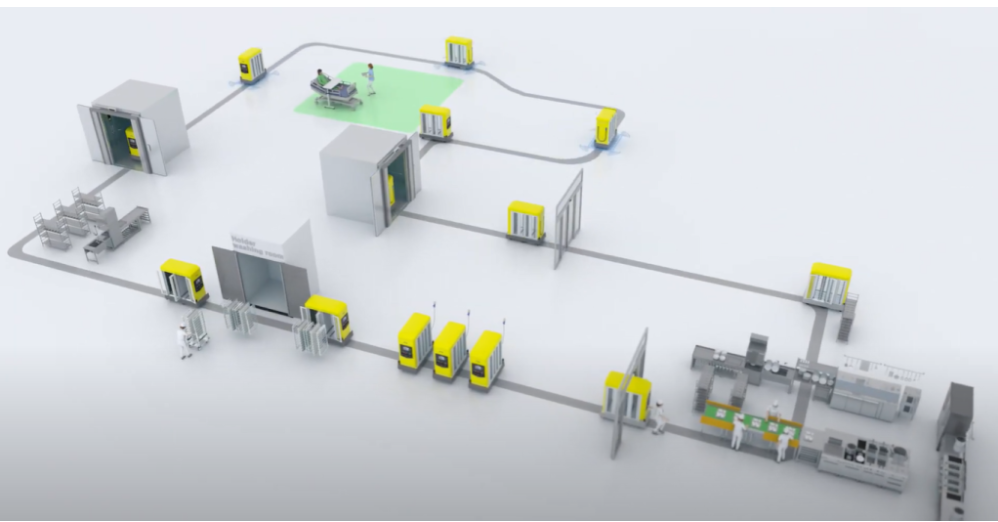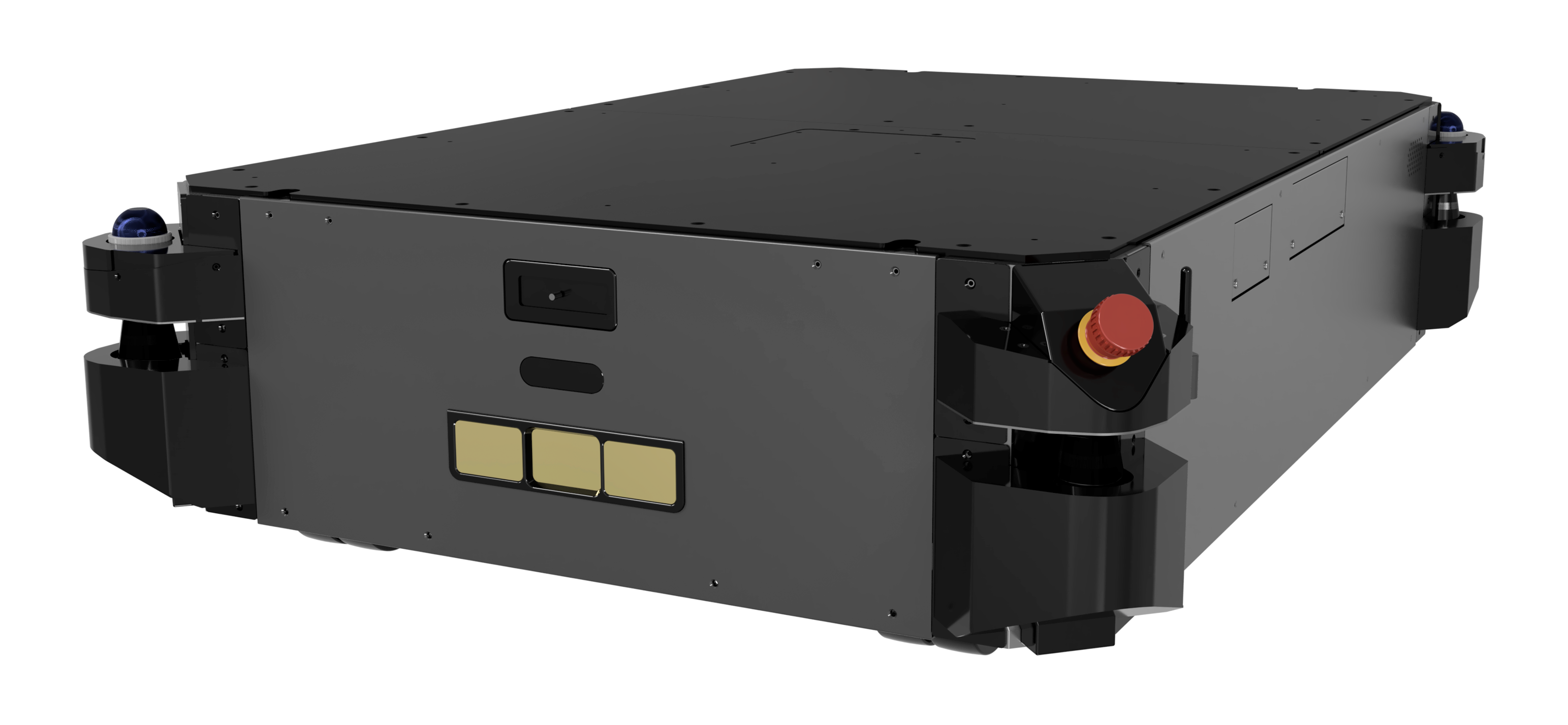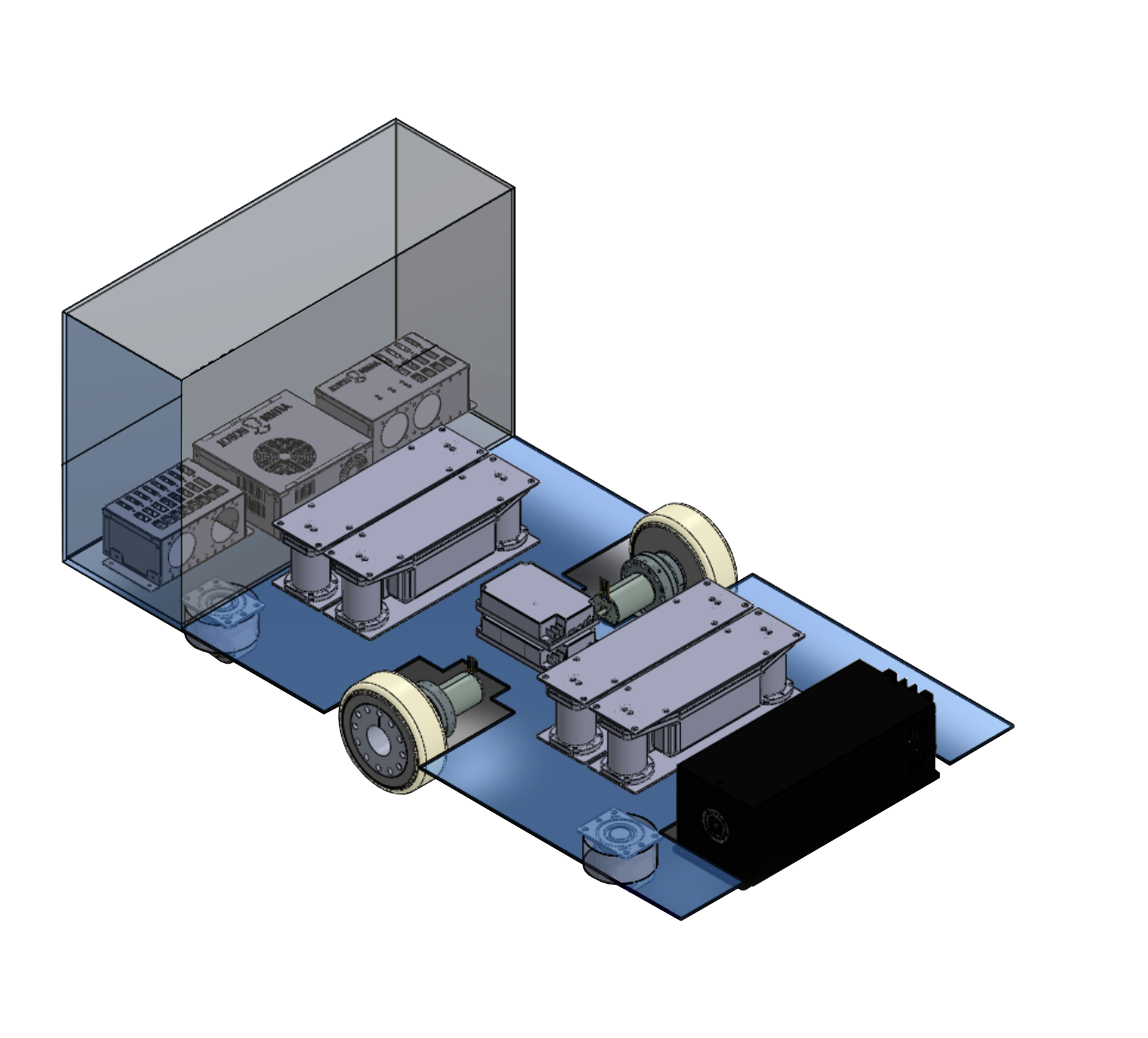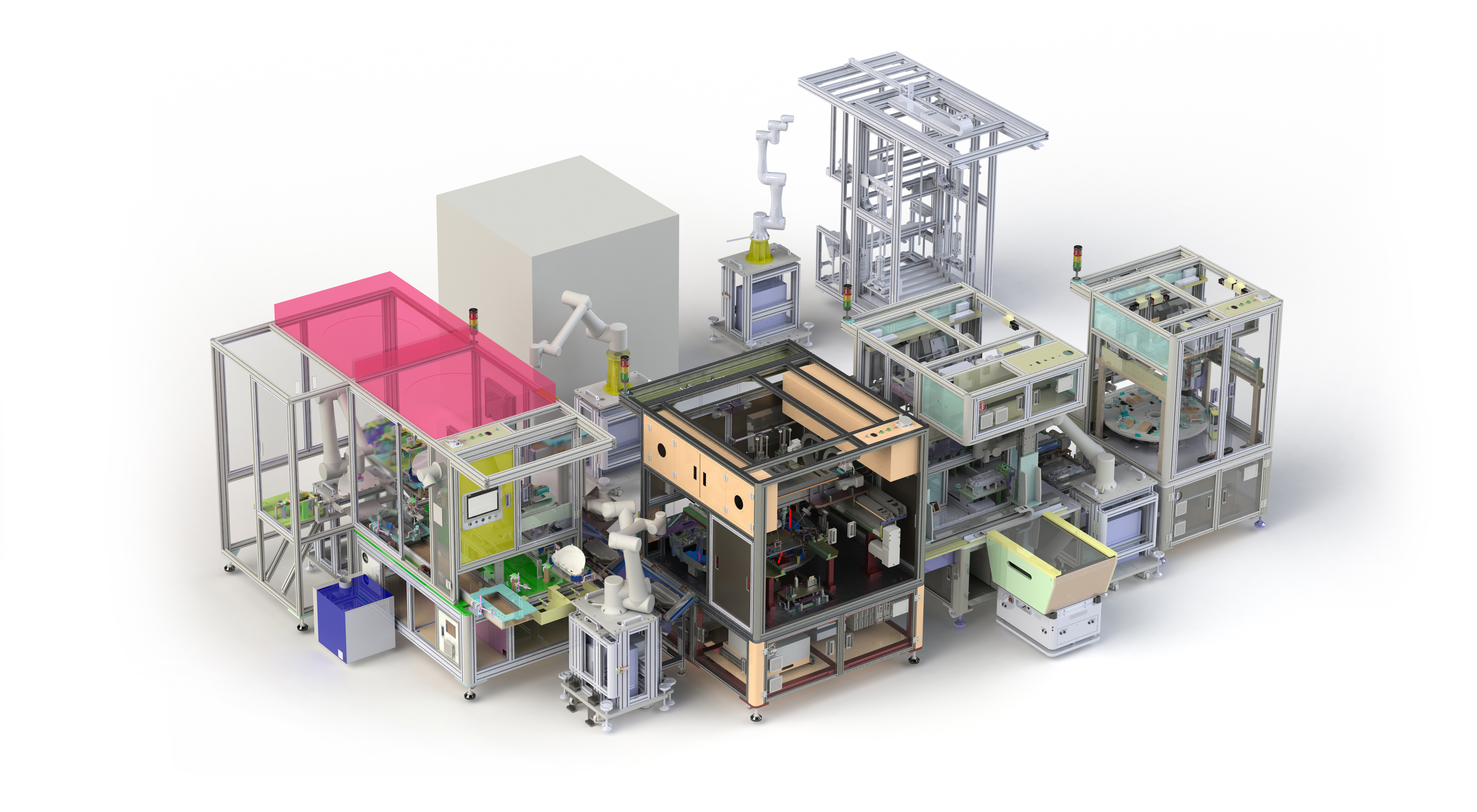The market for indoor autonomous solutions is poised to see higher growth this year than ever before. According to Fortune Business Insights, 2020 saw a 14.1% growth in the global logistics market, which is projected to grow another 16.4% from 2021 to 2028. Warehousing managers have reported volume spikes that are three to five times larger than normal during peak periods.
To meet this unprecedented demand, industries are turning to the mobile logistics robot market for solutions that can be integrated into existing processes while supporting the human workforce. These mobile cart robots are customizable and easily adapted across a wide range of industries. Together with augmented intelligence, these robots are changing the way that we, as a society, do business.
In simple terms, augmented intelligence is the practice of integrating humans and robotics within workplace processes. Industries that are dependent on repetitive tasks, such as order fulfillment in warehousing or sample deliveries in hospitals, can take advantage of automated machines and mobile robots for day-to-day tasks to increase efficiency and save time. Combining the intelligence, common sense and creativity of humans with the accuracy and speed of robotics increases productivity and allows businesses to meet increasing consumer demand.
Autonomous mobile robots are one way that companies can begin to integrate augmented intelligence into their business processes. Mobile carts are programmed to travel from point-to-point along a set path, working independently of human intervention. They communicate with doors, elevators and their surroundings through a sophisticated network of sensors. This includes 3D ToF LiDAR-based intelligent navigation, which supports precise navigation and obstacle avoidance without using artificial markers. Once the route is mapped out, the mobile carts can go about their tasks as many times as required.
AIndoor autonomous solutions also go hand-in-hand with another rising trend: sustainability. Companies across the globe are looking for ways to decrease their carbon footprint while contributing to eco-friendly practices. Autonomous transportation systems can support this goal through their ability to route the most efficient path from place to place, saving energy while completing their tasks. In addition, the increased accuracy of mobile carts reduces waste and minimizes error. For example, using robots, pallets in a warehouse would always be delivered correctly and along the most efficient route. The reduced carbon footprint and more efficient use of time can also help businesses save money to invest in other climate-friendly solutions.
Lastly, the need to create more accurate and intuitive data-analysis tools has grown. The logistics market is only going to become more global as time passes — requiring companies to have accessible databases that allow for quick and simple data monitoring. Until now, data has been siloed, making it almost impossible to share information with other companies. The use of indoor autonomous solutions can help remove this obstacle through the recording of data by the mobile carts. They make it easy to track movement, quantities and timing in a way that used to be manual and nonstandardized — no more log books or email chains. For example, a warehousing company can use the data-tracking capabilities of its fleet management system to share information about the mobile cart movements with the overarching process control system. Then, the company that is responsible for delivering the finished orders can access this information and easily inventory what should be ready to leave the warehouse.
The global logistics market is projected to grow from USD 6.18 billion in 2021 to USD 17.82 billion in 2028 — signaling both growth and opportunity within the field. The logistics industry will need to adapt and innovate to stay competitive and meet the consumer demand for faster, more affordable products. Autonomous transportation systems can help industries rise to the challenges of sustainability, demand and data sharing. The implementation of mobile carts can not only cut down on time spent doing repetitive tasks, it can also help maximize the contributions of human workers. Through this creative combination of human skill and imagination and automated efficiency, global industries will be able to reach their goals in ways never seen before.




















